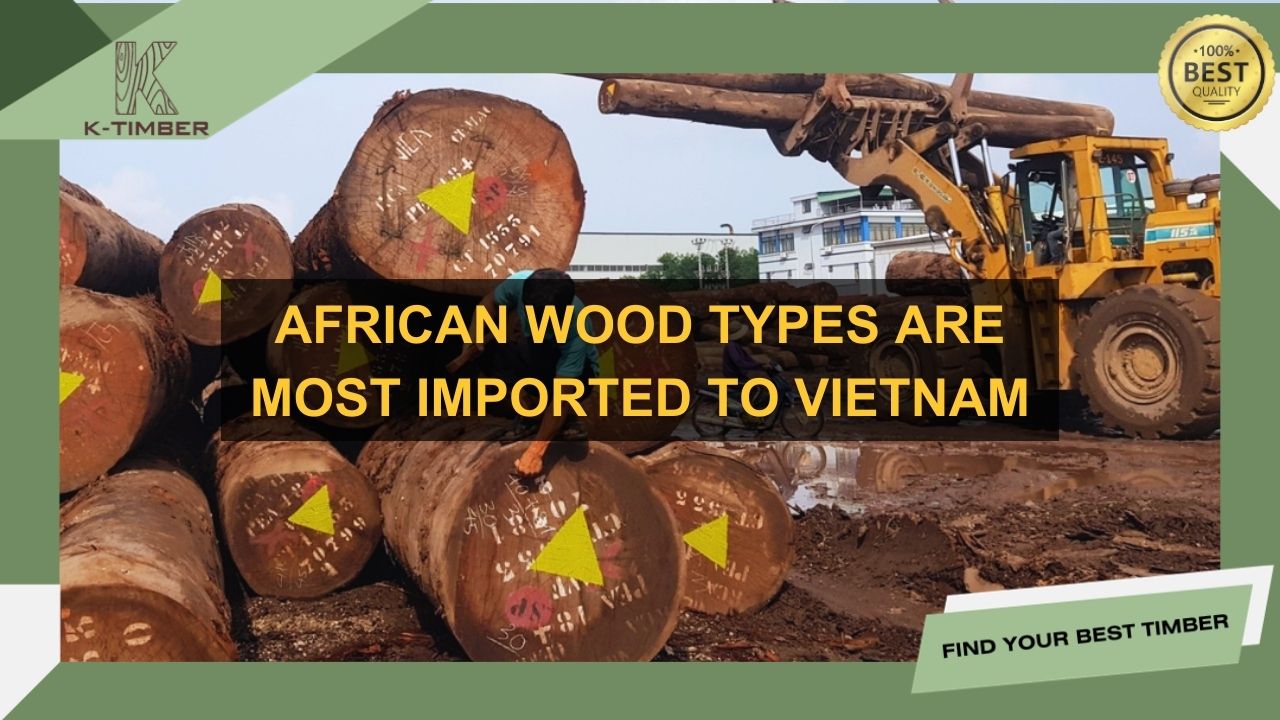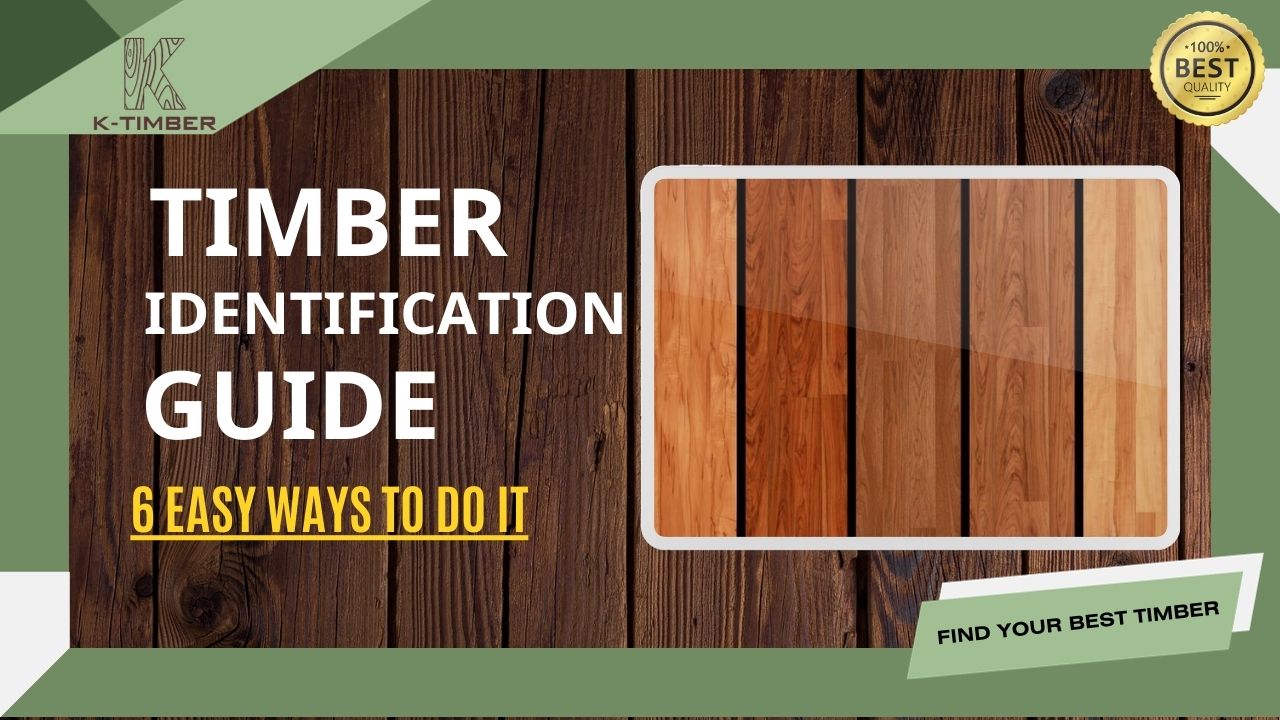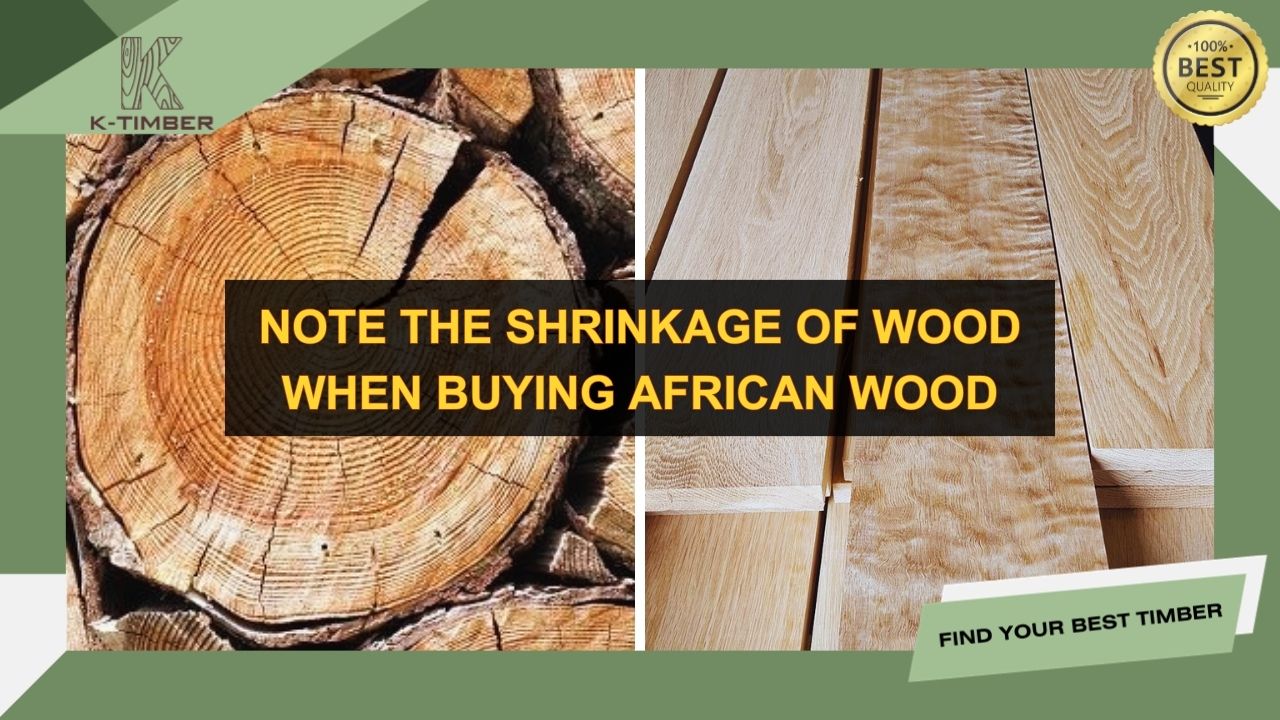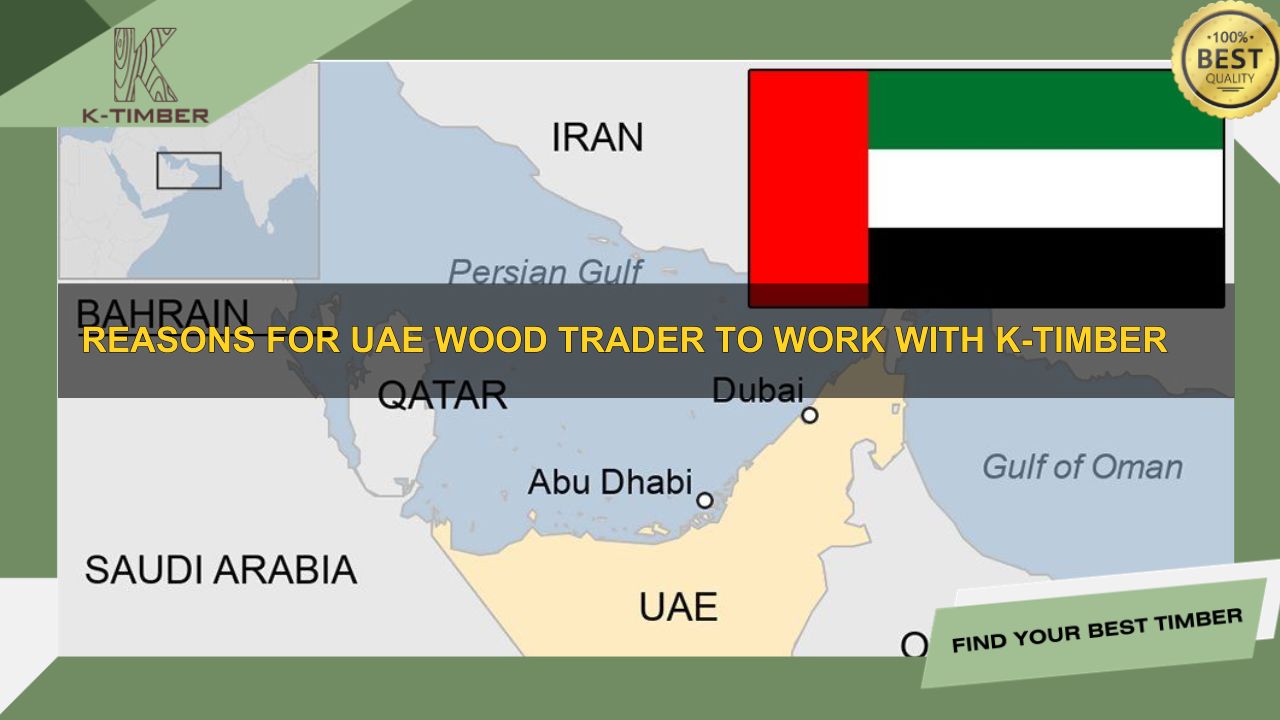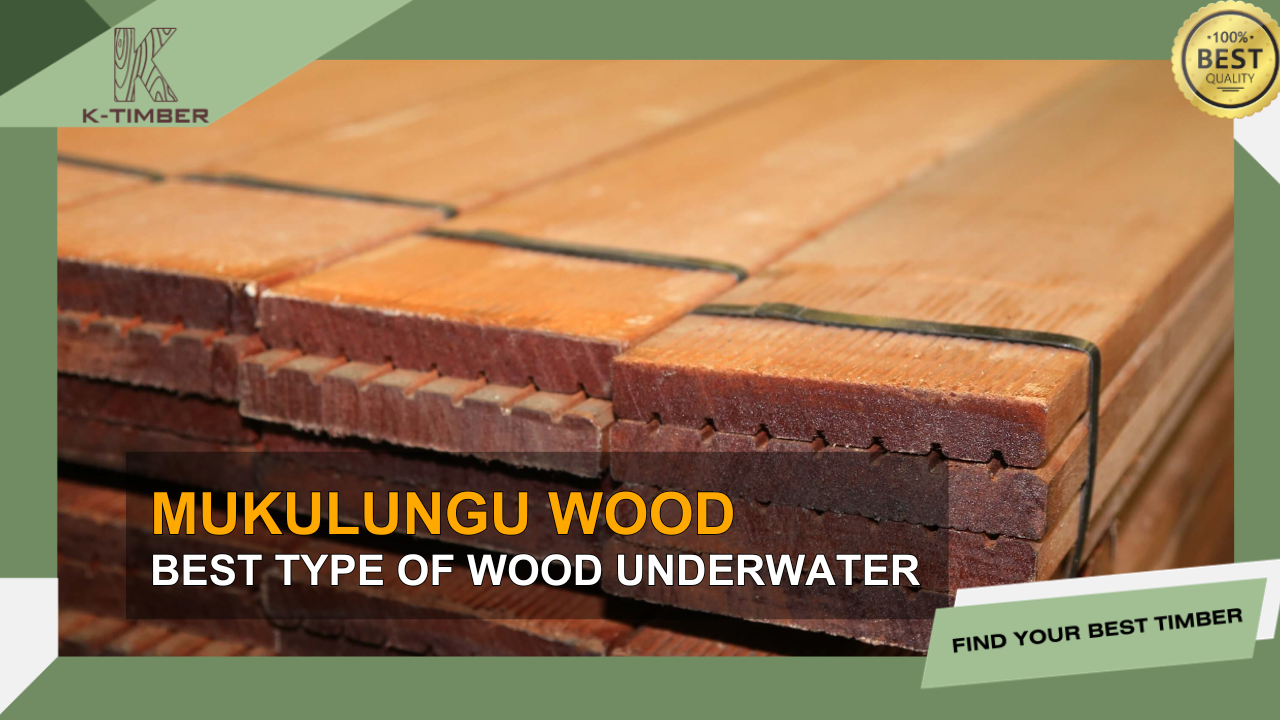Dibetou wood exemplifies both elegance and strength, stands as a testament to the rich diversity of Africa’s forest treasures. Originating from the Dibetou tree (Lovoa trichilioides) in the heart of West and Central Africa, captivating the world with its enchanting blend of colors and distinctive grain patterns.
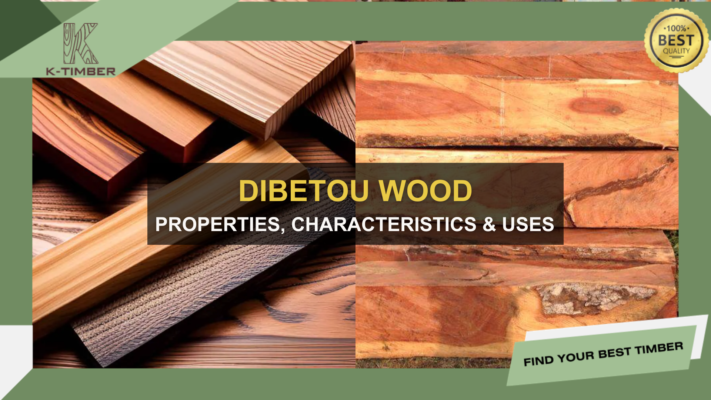
Table of Contents
Dibetou Wood General information
Dibetou is a tropical hardwood native to Africa. It is a wood with moderate durability and resistance to rot. It is particularly popular for decorative veneers and wooden furniture. With good nailing and screwing properties, Dibetou also has good finishing properties, making it suitable for the production of interior paneling and light carpentry
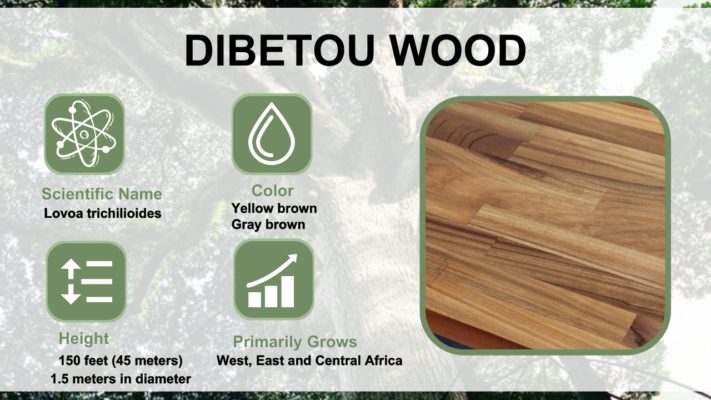
Dibetou wood Properties
Color and Texture
The wood is yellow brown or gray brown, heartwood is bronze orange-brown with black streaks or veins taking a golden glint. Black deposits in the pores; ring shakes and brittleheart are possible in some logs. It has clearly demarcated sapwood. The pores might contain tannin, sometimes resulting in calcium marks. The grain is interlocked and the texture is fine.
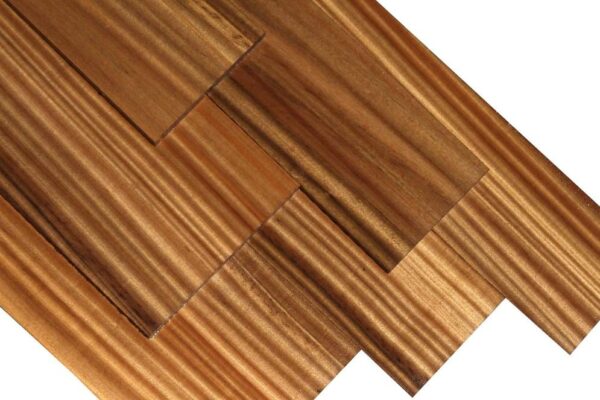
Density and Strength
The sapwood, which is approximately 3 cm (1.2 inch) thick, Raw density is 0.53 – 0.63 g/cm3, bending strength and compression strength is 82 N/mm2 and 52 N/mm2, respectively. Its good physical properties make it suitable for decorative furniture carpentry, particularly for antique furniture, chairs and upholstered furniture. It is also used for gunstocks.
Workability
Dibetou has a high bending strength and can be easily processed to manufacture rotary-cut veneers. After the pores are properly filled, the wood can be polished, varnished, painted and glued without difficulty. Moreover, this timber emits a pleasant aroma when cut, adding to its allure in woodworking projects.
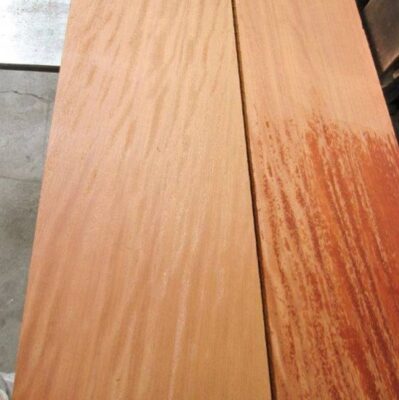
Dibetou Wood Technical Properties
| TECHNICAL PROPERTIES | VALUE |
| Average Dried Weight | 33 – 36 lbs/ft³ (530 – 580 kg/m³) |
| Specific Gravity | 0.53 – 0.63 |
| Janka Hardness | 1,220 lbf (5,430 N) |
| Modulus of Rupture | 14,500 lbf/in² (100 MPa) |
| Elastic Modulus | 1,218,000 lbf/in² (8.4 GPa) |
| Crushing Strength | 6,810 lbf/in² (47 MPa) |
| Shrinkage | |
| Radial | 3.6% |
| Tangential | 5.5% |
| Volumetric | 9.3% |
| T/R Ratio | 1.5 |
Dibetou Wood Advantages
- Longevity and durability: Dibetou wood is known for its moderate natural durability, making it suitable for a variety of applications. It resists decay and insect attacks, ensuring a long lifespan for products made from it
- Beautiful natural wood patterns: The wood has a visually appealing appearance with a gray-brown to yellow-brown color and sometimes features dark veins. This aesthetic quality makes it popular for decorative uses in furniture and veneers
- Weather resistance: Dibetou wood has good weather resistance, which makes it suitable for both interior and exterior applications. Its resistance to environmental elements helps maintain its structural integrity and appearance over time
- Easy to maintain: Dibetou wood is relatively easy to maintain. It can be polished, varnished, and painted without difficulty, which simplifies the upkeep and enhances its aesthetic appeal
Dibetou Wood Disadvantages
- Limited Availability: Dibetou wood is not as readily available in all parts of the world. This can make it challenging to source and may result in higher costs for transportation and acquisition.
- Possibly environmentally problematic if not sourced from sustainably managed forests.
Dibetou Lumber Uses
- Furniture Making: Dibetou is frequently used for crafting furniture, including chairs, tables, and benches, thanks to its durability and aesthetic appeal.
- Decorative Veneers: Its similarity in appearance to European walnut makes Dibetou a popular choice for decorative veneers, which are used to enhance the visual appeal of interior woodwork and furniture.
- Interior Joinery: Dibetou is valued in interior joinery projects for doors, paneling, and moldings due to its fine texture and ease of finishing.
- Cabinet Work: The wood’s workability and attractive grain make it suitable for high-quality cabinets and other fine woodworking projects (BSGabon).
- Turnery and Carvings: Dibetou’s ability to be easily turned and carved makes it ideal for producing intricate wooden items and decorative pieces.
- Plywood and Sliced Veneers: It is also used in the production of plywood and sliced veneers for various interior and exterior applications.
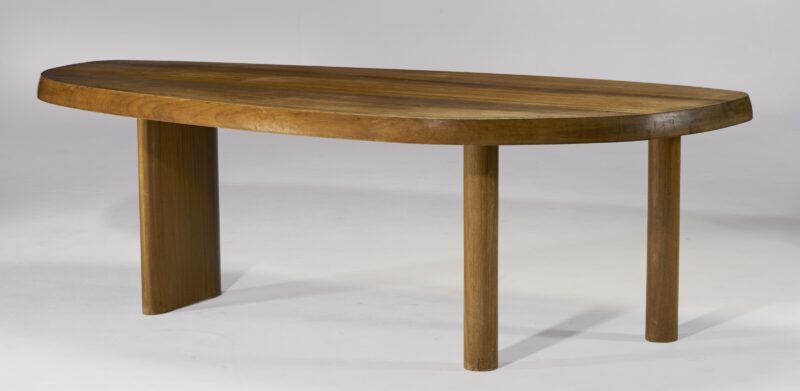
Where to buy Dibetou Wood in bulk at the best price?

If you are looking for a place to buy high-quality, affordable Dibetou wood, K-TIMBER is a great option. We are a leading African timber supplier in the world, with over 20 years of experience in the industry. We specialize in Iroko lumber and a variety of other imported African woods in a variety of sizes, meeting all customer requirements, even the most demanding ones..
We have the capacity to supply Dibetou wood in large quantities up to 20,000 m3/month to serve your large and small construction projects. All types of wood at K-TIMBER are subject to strict wood inspection procedures from the time of logging, processing, and drying to the packaging, transportation, and delivery to customers.
K-TIMBER is confident that we will provide you with a stable, high-quality Dibetou wood supply at a price that is 20% cheaper than the market. We are here to support you in any interior, flooring, or other projects.
Contact K-TIMBER today for a consultation and the best price!




